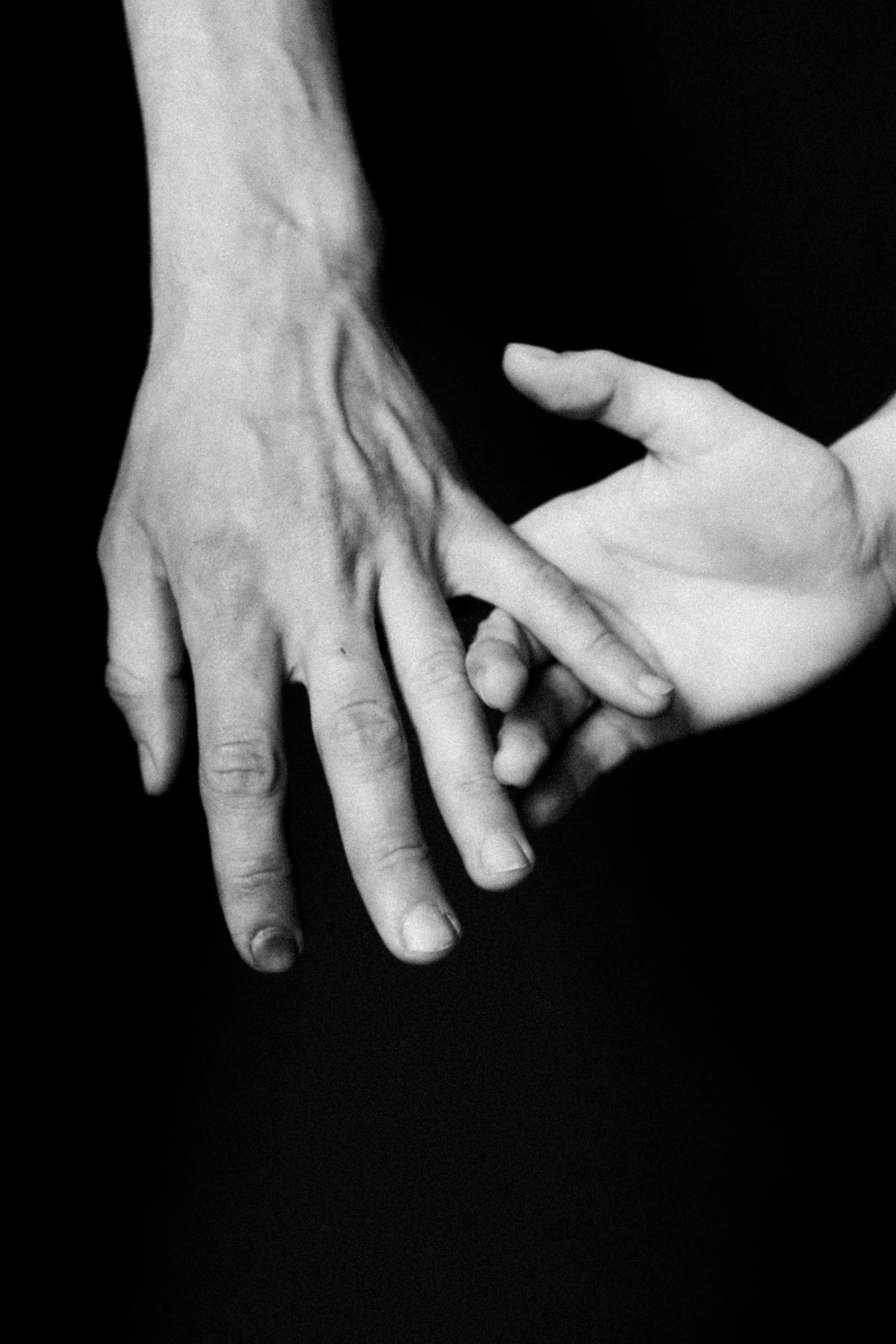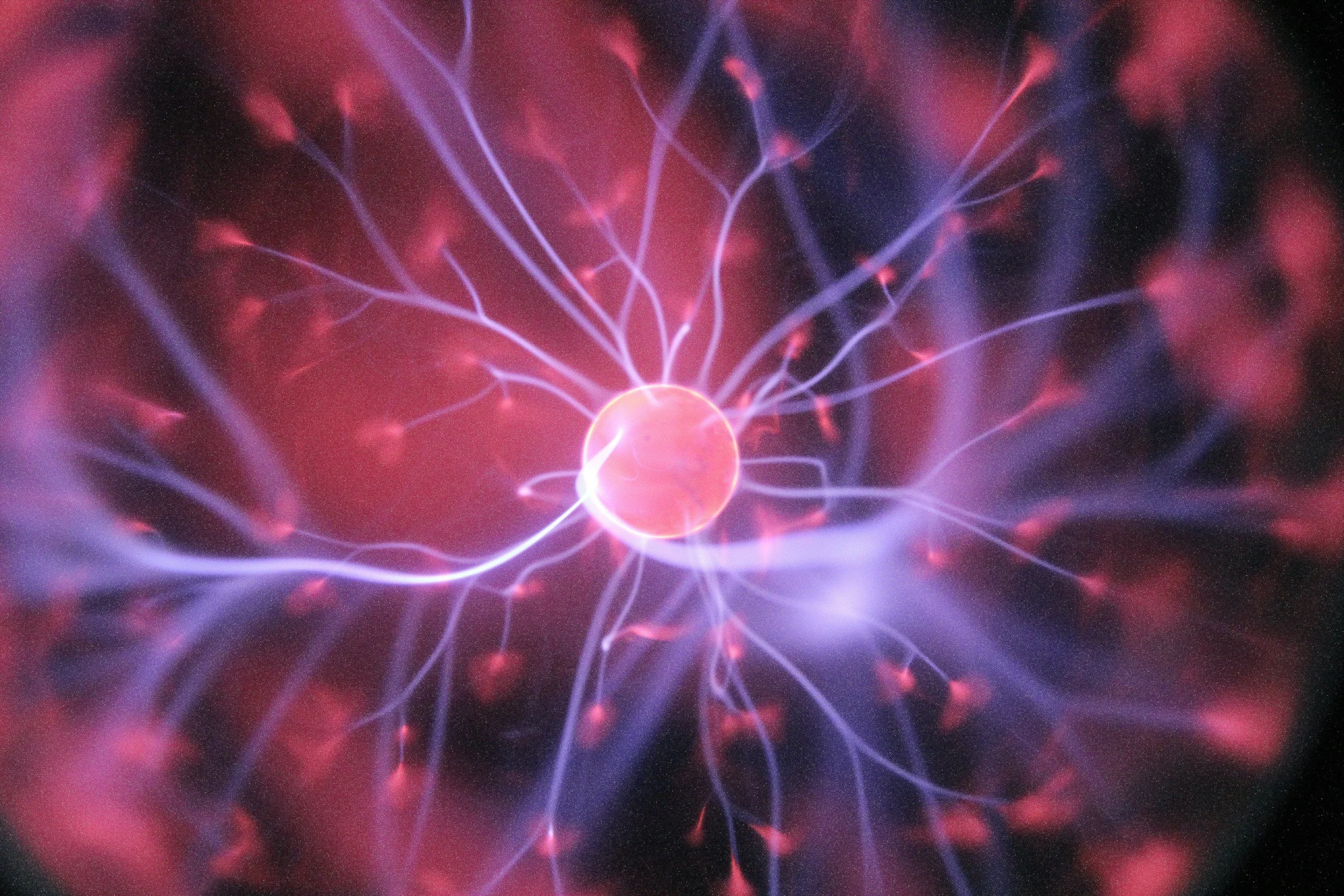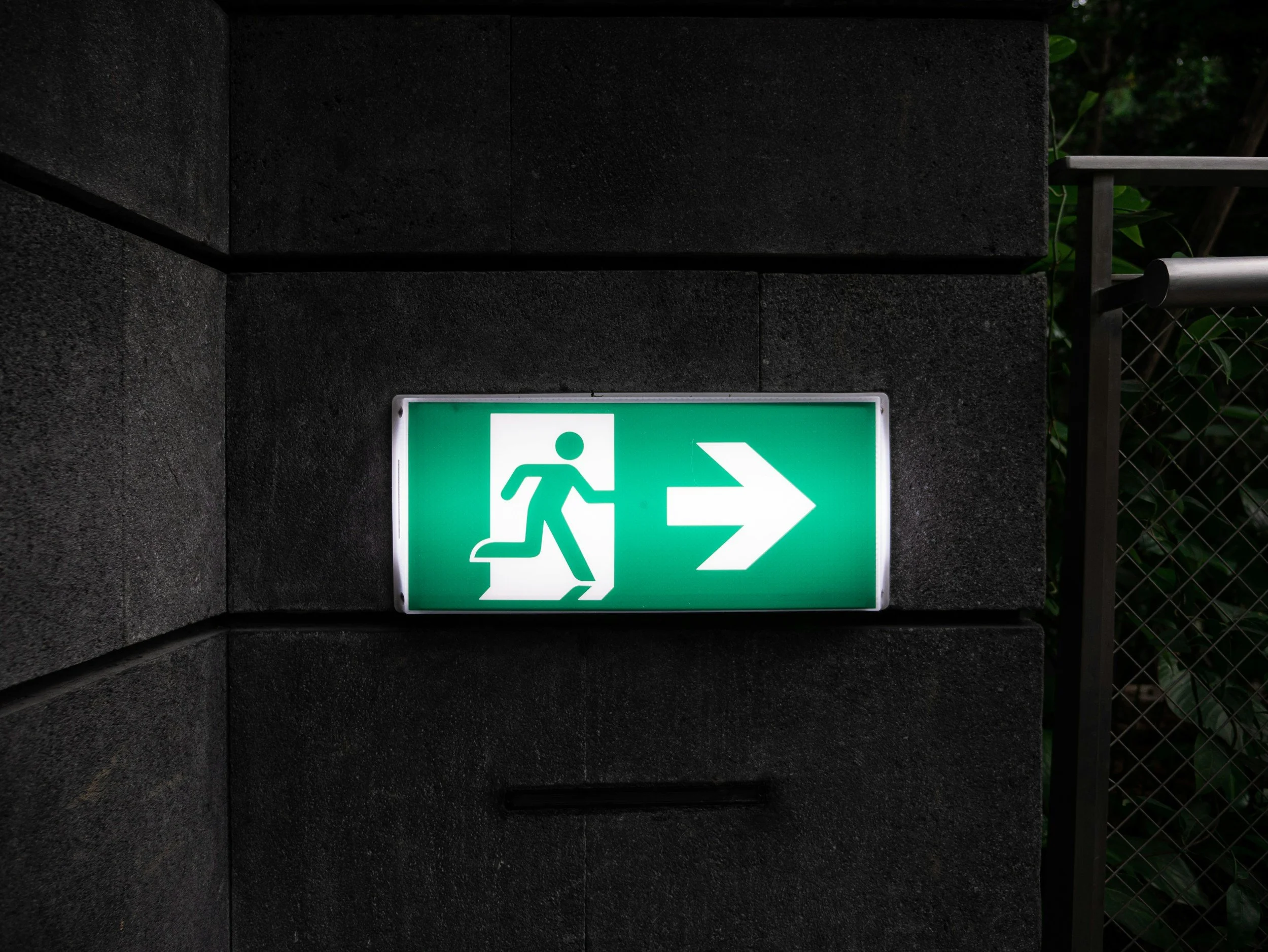Blog

Why Detox Is Crucial Before Beginning Treatment for Alcoholism or Substance Addiction
From the perspective of an addiction specialist, detoxification (detox) is the essential first phase of care for Alcohol Use Disorder (AUD) or any Substance Use Disorder (SUD) because it creates the physiological and psychological stability needed for meaningful treatment to begin. Detox is not treatment by itself—it’s the medical and supportive process of helping the body safely clear alcohol or drugs while managing withdrawal.
Below are the core reasons detox is considered foundational.

Why Meditation Is a Critical Part of Recovery — Especially in Polysubstance Addiction
Recovery from addiction is not just about stopping the substances. It’s about healing the mind, calming the nervous system, and rebuilding the internal stability that addiction slowly erodes. When someone has struggled with polysubstance use, the nervous system has often been pushed to its limits—stimulated, numbed, sedated, and overwhelmed in cycles that leave the brain in a constant state of dysregulation.

Trauma: The Hidden Engine of Addiction
Addiction rarely begins with a substance. It begins with a story.
A story of pain, overwhelm, fear, or emotional disconnection that the nervous system never had the chance to process. When I sit with clients struggling with addiction—whether to substances, gambling, pornography, food, or compulsive behaviours—the common thread is almost always trauma. Sometimes it’s obvious and dramatic. Other times it’s subtle, chronic, and invisible. But it’s there, shaping the brain, the body, and the choices that follow.

The Grip of Today’s Cannabis: Understanding Addiction and the Path to Freedom
By: An Addiction Specialist
Cannabis has changed dramatically over the past decade. What was once a mild, low‑potency plant has evolved into a highly engineered substance with THC concentrations far beyond what previous generations ever encountered. As potency has risen, so have the rates of dependence, withdrawal, and cannabis‑induced mental health crises.
In my practice, I see more people than ever struggling with cannabis addiction—often shocked that something they believed was “safe” has taken such a powerful hold on their lives.

Switching Your Drug of Choice: An Addiction Specialist’s Perspective
One of the most misunderstood aspects of addiction is the phenomenon of switching your drug of choice. Many people in recovery believe that if they stop using one substance—say alcohol—and replace it with another—like cannabis, stimulants, or even compulsive behaviors such as gambling or sex—they’re still making progress. In reality, this is often just addiction in disguise.

Dependence vs. Chronic Addiction: Understanding the Spectrum of Substance Use
In the world of addiction treatment, language matters. Words like dependence, addiction, acute use, and chronic use are often used interchangeably—but they describe very different experiences. Understanding these distinctions is not just academic; it’s essential for tailoring treatment, reducing stigma, and supporting recovery.

The Highs and Lows of Early Sobriety: Managing Stress and Over-Excitement
Early sobriety is a fragile, powerful time. For many, it feels like waking up after years of emotional numbness. Suddenly, everything is louder—joy, fear, hope, anxiety. But here’s the paradox: both stress and over-excitement can be dangerous in early recovery. As an addiction specialist, I’ve seen how these emotional extremes can trigger relapse if not understood and managed.
Let’s explore why this happens—and how to stay grounded while rebuilding your life.

Early Sobriety and Social Triggers: Why Sporting Events and Parties Can Be Dangerous—and How to Stay Safe
Early recovery is a fragile, powerful time. You’ve made the courageous decision to step away from alcohol or drugs, and you’re beginning to rebuild your life. But then comes the invitation: a birthday party, a wedding, a sporting event. It sounds harmless—fun, even. But for someone with Alcohol Use Disorder (AUD) or Substance Use Disorder (SUD), these environments can be emotional minefields.
As an addiction specialist, I’ve seen countless people relapse not because they didn’t care about their recovery—but because they underestimated the power of triggers in social settings. Let’s talk about why these situations are risky, and more importantly, how to protect your sobriety when the pressure hits.

Never Give Up: Why Healing Is Still Possible After Relapse
Relapse. It’s a word that carries weight, shame, and often a sense of defeat. But here’s the truth that doesn’t get said enough: relapse is not the end of your recovery—it’s part of the journey. And if you’ve found yourself back in the cycle, again and again, I want you to know this: you are not broken, and you are not alone.

When Someone You Love Is Struggling with Addiction: Where You Can Find Help Too
Addiction doesn’t just affect the person using—it ripples outward, touching everyone close to them. If you’re the parent, partner, sibling, or friend of someone battling addiction, you know the pain intimately. The sleepless nights. The fear. The anger. The helplessness. You may feel like you’re drowning in someone else’s chaos, unsure where to turn or how to help.
Let me say this clearly: you deserve support too. Your healing matters. And there are resources, communities, and professionals ready to walk beside you.

Cocaine Abuse: How It Hijacks the Brain—and How You Can Reclaim Your Life
Cocaine is seductive. It promises energy, confidence, and euphoria—but what it delivers over time is devastation. As an addiction specialist, I’ve seen how cocaine abuse rewires the brain, erodes emotional stability, and traps people in a cycle of craving and regret. But I’ve also seen something else: recovery. Real, lasting, life-changing recovery.
If you or someone you love is struggling with cocaine addiction, know this—healing is possible. The brain can recover. The spirit can reignite. And life can flourish again.

Resentment, Fear, and Relationships: The Emotional Fuel Behind Addiction—and the Path to Healing
Addiction doesn’t exist in a vacuum. It’s not just about the substance or behavior—it’s about the emotional undercurrents that drive it. In my years working with individuals in recovery, three forces show up again and again as powerful contributors to active addiction: resentment, fear, and fractured relationships.

“I’ll Just Control It Today and Stop Tomorrow”: The Lie Addiction Loves
If you’ve ever struggled with alcohol or substance use—or loved someone who has—you’ve likely heard this phrase:
“I’ll just control it today. I’ll stop tomorrow.”
It sounds rational. It sounds hopeful. But as an addiction specialist, I can tell you: this thought is not a plan. It’s a trap.
This mindset is one of the most insidious cognitive distortions in addiction. It masquerades as self-control, but it’s actually the voice of denial, bargaining, and fear. Let’s unpack why this thinking is so dangerous—and how to break free from it.

Why Recovery Is Worth It: From Pain to Purpose
If you’re standing at the edge of recovery, wondering whether it’s worth the fight—let me speak to you directly. I’ve walked alongside people in the darkest corners of addiction, and I’ve seen what happens when they choose to rise. Recovery is not easy. In fact, the beginning can feel like the hardest thing you’ll ever do. But the rewards? They’re life-changing. They’re soul-restoring. They’re worth every tear, every craving, every moment of doubt.

Ketamine Addiction: Reclaiming the Mind, Body, and Spirit
Ketamine was once known primarily as an anesthetic. Today, it’s a drug with a dual identity—used therapeutically in clinical settings for treatment-resistant depression, but also misused recreationally for its dissociative and hallucinogenic effects. When ketamine use becomes chronic and compulsive, it can devastate every dimension of a person’s life: mind, body, and spirit.
As an addiction specialist, I’ve seen firsthand how ketamine addiction can quietly unravel someone’s sense of self. But I’ve also seen people rebuild—stronger, wiser, and more connected than ever before.

Consequences: The Wake-Up Call That Saves Lives
In the world of addiction—whether it’s substances like alcohol or cocaine, or behavioral compulsions like gambling, sex, or shopping—there’s one truth that often cuts through denial faster than any therapy session or heartfelt plea: consequences. As an addiction specialist, I’ve seen countless individuals hit a wall they never saw coming. And while it may feel cruel or catastrophic at the time, that wall often becomes the turning point—the moment they finally wake up.
Let’s talk about why consequences matter, how they work, and how they can be harnessed to support recovery.

Family Guide to Ketamine Addiction: Understanding, Supporting, and Healing
Ketamine addiction is a growing concern, especially among young adults and those seeking escape from emotional pain. While ketamine has legitimate medical uses, chronic misuse can lead to serious physical, psychological, and spiritual damage. Families play a vital role in recognizing the signs, initiating help, and supporting recovery.

When Love Isn’t Enough: The Power of Intervention and the Path to Recovery
Watching someone you love spiral into addiction is one of the most heartbreaking experiences imaginable. You see the damage—emotional, physical, financial—and you feel helpless. You’ve begged, reasoned, cried, and compromised. But the truth is, when addiction takes hold, love alone isn’t enough to break its grip.
That’s where intervention comes in. And it’s not just about confrontation—it’s about clarity, boundaries, and hope.

Slip, Not Spiral: Reclaiming Recovery After Cocaine Use
You were doing well. You had days, maybe weeks or months of sobriety behind you. Then—out of nowhere or maybe after a slow build—you used cocaine again. That moment can feel like a punch to the gut. But here’s the truth: a slip doesn’t erase your progress, and it doesn’t define your future. What matters most is what you do next.

Slip or Relapse: A Loved One’s Guide to Navigating the Storm
When someone you love is battling addiction, every day of sobriety feels like a victory. But what happens when that victory is interrupted—by a slip, or worse, a full-blown relapse? The emotional fallout can be devastating: fear, anger, confusion, and heartbreak. As an addiction specialist, I’ve seen families struggle with these moments, unsure how to respond or what it means for their loved one’s recovery. Let’s unpack the difference between a slip and a relapse, and explore how families can respond with compassion, boundaries, and hope.
